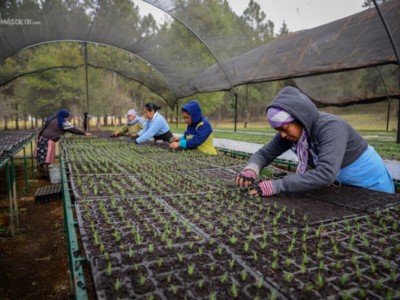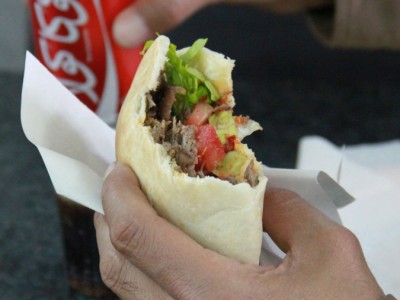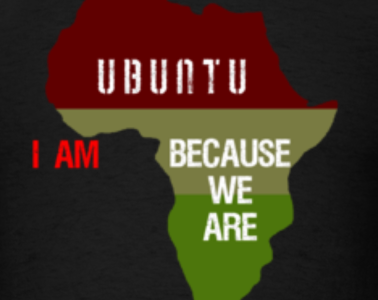Eine Social-Media-Kampagne für Gerechtigkeit unter Äthiopiern tobt online nachdem der CNN-Journalist Dan Rivers [en], den entsetzlichen Missbrauch [en] von Shweyga Mullah enthüllte, die schwer verletzt wurde, als die Frau von Gaddafis Sohn Hannibal kochendes Wasser über ihren ganzen Körper goss, weil sie angeblich ein schreiendes Kind nicht beruhigen konnte. Shweyga arbeitete als Kinderfrau für die Familie.

Die Frau von Gaddafis Sohn verbrannte das Gesicht von Shweyga Mullah. Foto mit Genehmigung von www.shweyga.ethioscholars.com
Am Freitag, dem 2. September 2011 stellten Netizens eine virtuelle Diskussionsseite namens 2nd Discussion on seeking justice for Shweyga Mullah in Libya [2. Diskussion über das Streben nach Gerechtigkeit für Sheweyga Mullah in Libyen] auf Facebook online. Der Zeitrahmen für die Diskussion ist von Freitag, dem 2. September 16:00 Uhr bis zum 31. Oktober 17:00 Uhr.
Eine andere Gruppe hat eine Petition begonnen, um Stimmen der äthiopischen Onlinegemeinschaft zu sammeln. Die Gruppe hat auch eine Facebook-App kreiert. Die Petition lautet:
The recent inhumane treatment of Shweyga Mullah by Aline Skaf, Gaddafi’s daughter-in-law, brought to light the unimaginable ordeal that our sisters in different countries around the world are going through. Luckily for her, despite the physical and psychological damage she sustained, this act of cruelty became a high profile case as it was first reported by CNN and linked to Gaddafi. Consequently CNN managed to organize fund raising and securing special treatment. However, countless other Shweygas are still suffering undiscovered, not to mention thousands more planning to cross the border only to possibly end up like Shweyga.
Das folgende Video zeigt Shweyga Mullah während der Behandlung:
Sofort nachdem bekannt wurde, dass die äthiopische Regierung sie unterstützen will eine angemessene Entschädigung zu bekommen, begannen Netizens den Link zu der Nachricht auf Facebook zu verbreiten und nach Kommentaren und Meinungen suchten. Einige gaben der Regierung von Meles Zenawi die Schuld für alles – von Propaganda bis zu dem Mangel an Möglichkeiten für Bürger wie Shweyga im eigenen Land. Ein beliebter Kommentator über Äthiopien auf Facebook, Abebe Kebede sagte:
There is information that the government of Ethiopia may participate in securing compensation. On the public side there must be outrage on this issue, and of course use the opportunity to bring to the attention of the media the plight of Ethiopians in middle eastern countries.
Endalk fasst die Onlinedebatte zusammen:
In some of the groups in fact, after a while, Shweyga was practically forgotten – the debate now centered on ‘anti-government vs. pro-government’, ‘justice vs. Partiality’, the ‘elite vs. the poor’, and the need for revolution






